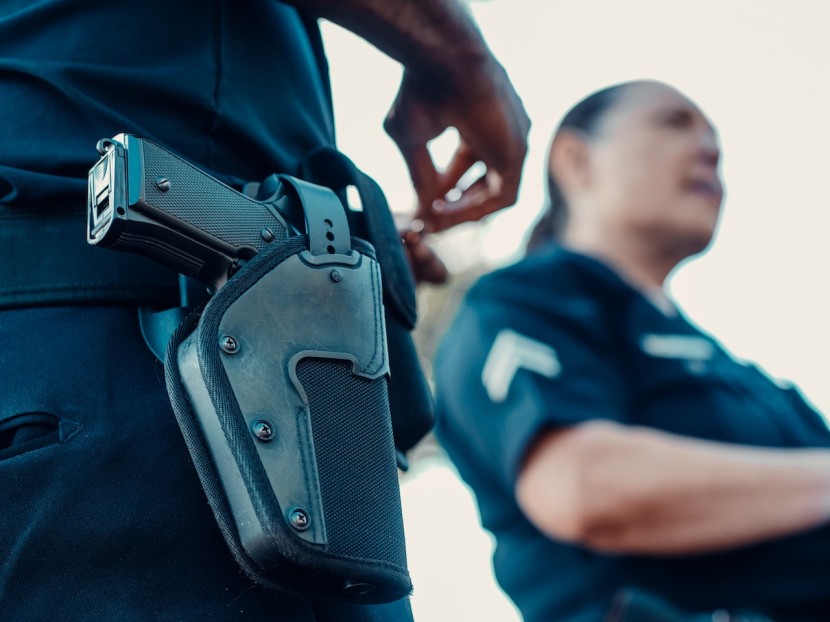Democratic New Mexico Governor Michelle Lujan Grisham has been met with considerable criticism from state law enforcement officers when she tried to prohibit concealed and open carry licenses.

Law Enforcement's Response to Emergency Order
Despite appearing at a news conference beside the governor, Bernalillo County Sheriff John Allen criticized Grisham's 30-day emergency order as unlawful, according to Fox News.
The sheriff said during a press conference on Monday, September 11, "It's unconstitutional, so there's no way we can enforce that order. This ban does nothing to curb gun violence."
For his part, Allen claimed he exerted pressure to have the public health order overturned. He argued that Governor Grisham had to have known that law enforcement did not support the order.
Grisham retaliated against Allen after his media appearance, telling the law enforcement officer to stop being "squeamish" about carrying out the order.
Grisham responded to Sheriff Allen by saying, "I don't need a lecture on constitutionality from Sheriff Allen. What I need is action. What we need is for leaders to stand up for the victims of violent crime. We need law enforcement, district attorneys, public officials, school leaders, and state agencies to use every single tool at their disposal to stop this violence."
She added that as governor of New Mexico, she will not compromise on doing what is right or putting the welfare of the state's residents at risk.
'Emergency Public Health Order'
Grisham announced an emergency order on Friday, September 8, that would prevent anyone in Albuquerque and the neighboring Bernalillo County from carrying firearms in public for at least 30 days in response to recent gun violence.
The governor has said that she is aware that her executive order would be challenged in court but felt compelled to act after recent gun shootings, such as the murder of an 11-year-old child outside of a minor league baseball stadium earlier this week.
The ban applies to both open and concealed carry in most public areas, with the exception of those with police or licensed security guards present. It was issued as an emergency public health order. Only the Albuquerque metro region meets the requirement to pass the ban, which is tied to a certain rate of violent crime.
The governor's spokesperson, Caroline Sweeney, said that violators might face civil penalties and fines of up to $5,000. The governor said that state police would be responsible for executing the order, although she did note that not all law enforcement officers, including the district attorney for the Albuquerque region, support the directive.
© 2025 HNGN, All rights reserved. Do not reproduce without permission.








